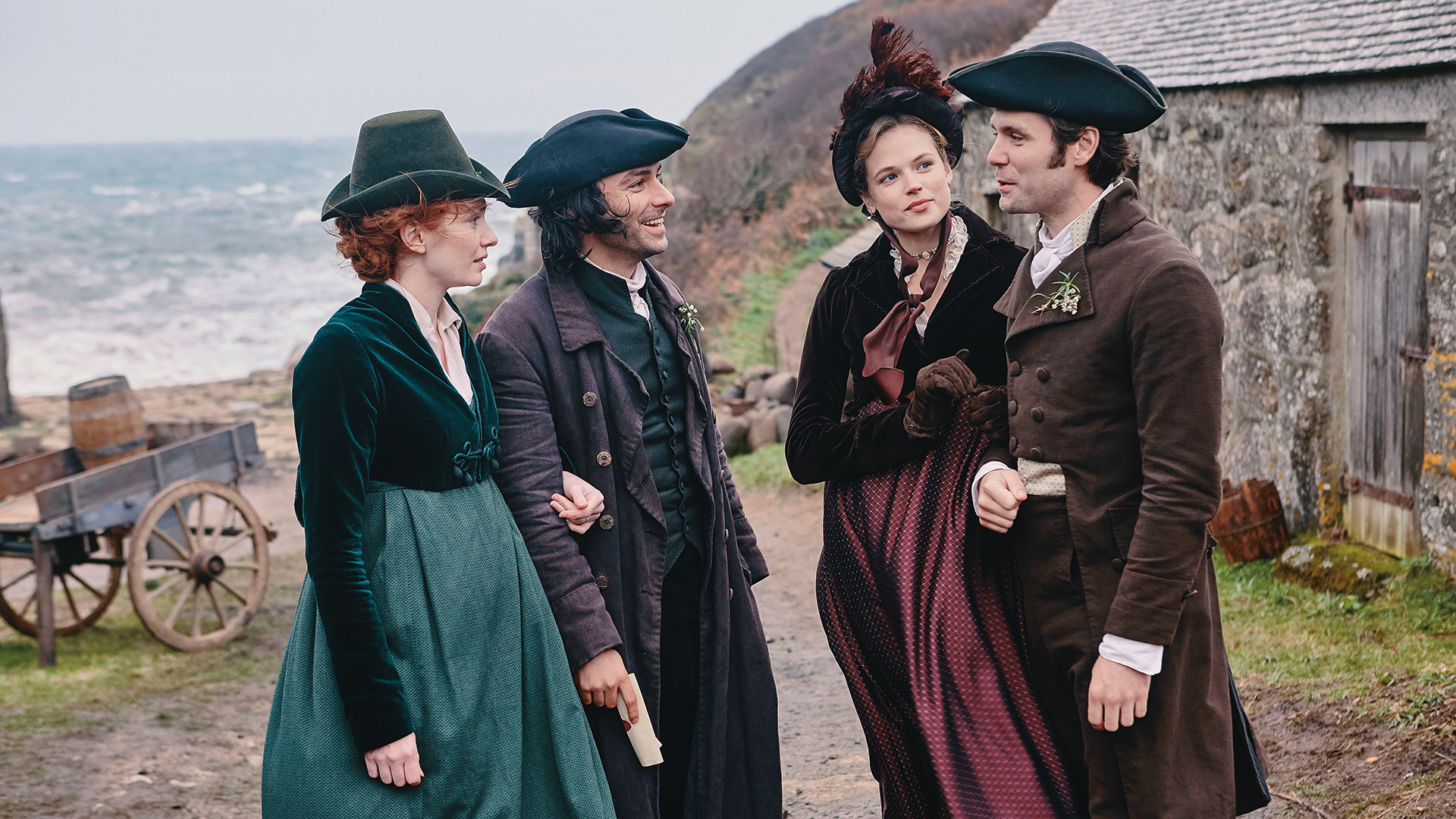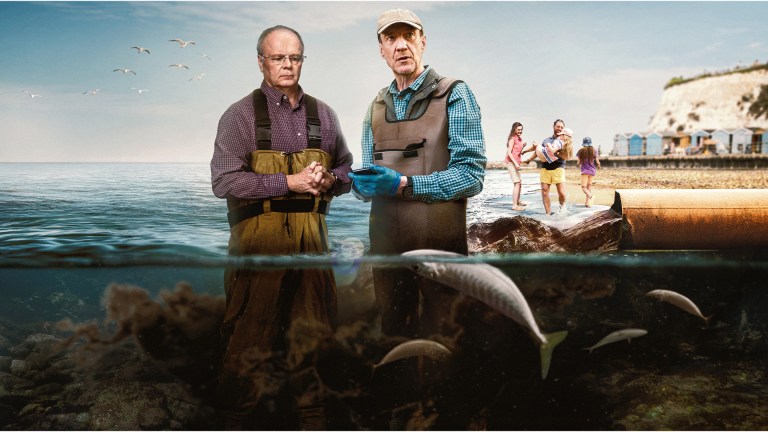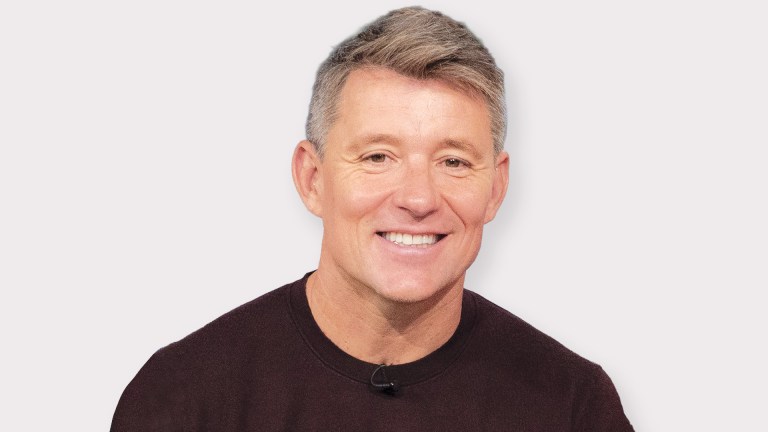Love it or loathe it (surely not?) Poldark is set to gallop off our screens for good this week, having cemented its place in the national consciousness for years – or even decades – to come. But why? What has made it so popular? What about this particular iteration of Winston Graham’s novels has so captured the public’s imagination?
As an actor in the show, it’s a question I’ve been asked an awful lot over the last five years, and I’ve often trotted out the most obvious, crowd-pleasing answer: that a certain young man’s torso has been impossible to resist (not mine, obviously). But I think the truth – for many of us, at least – is somewhat less superficial.
Of course it helps that the show is beautiful: the people, costumes, hairdos, lighting, landscapes, horses, props – it’s a sumptuous period palette of escapism and Cornish camp just ‘fitty’ for heedless Sunday nights. But it’s also packed to the gunwales with politics and social commentary, if you care to pay attention to anyone still fully clothed.
Season Five alone is thick with arguments for workers’ rights, free education, universal healthcare, racial equality and gender-parity to name a few (a fact unmissed by the right-wing trolls decrying it – predictably enough – as ‘PC gone mad’). NB: Anyone demanding the return of their licence fee because a black woman has joined the cast can probably look away from this article now. And maybe read Kathleen Chater’s Untold Histories instead?
I digress…
The point is this: that throughout its long life on both page and screen, Poldark has spread a gospel of tolerance and inclusivity, community and love, without compunction. It comes categorised as ‘romance saga’ not simply because of the amorous entanglements of Ross, Demelza and co, but because it is romantic in its very understanding of human beings. Honesty, integrity, compassion, kindness, care – these are qualities celebrated and rewarded in our heroes, time and again. Meanwhile, the villains of the piece wither and die (sometimes literally) under the weight of their own avarice and dishonesty. Put simply – SPOILER ALERT – the good guys win. The bad guys lose. Justice prevails. Always.









